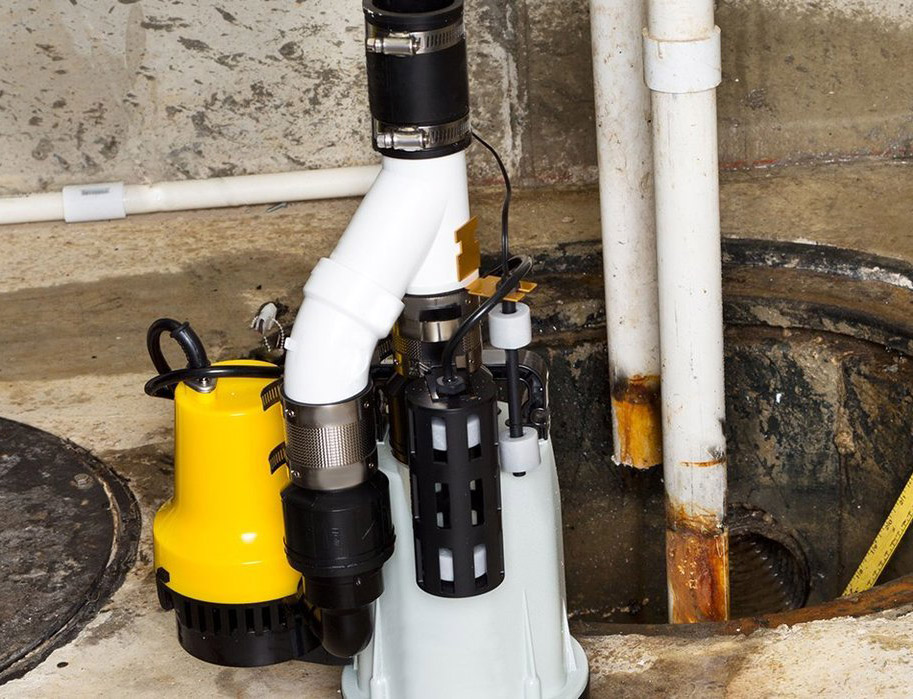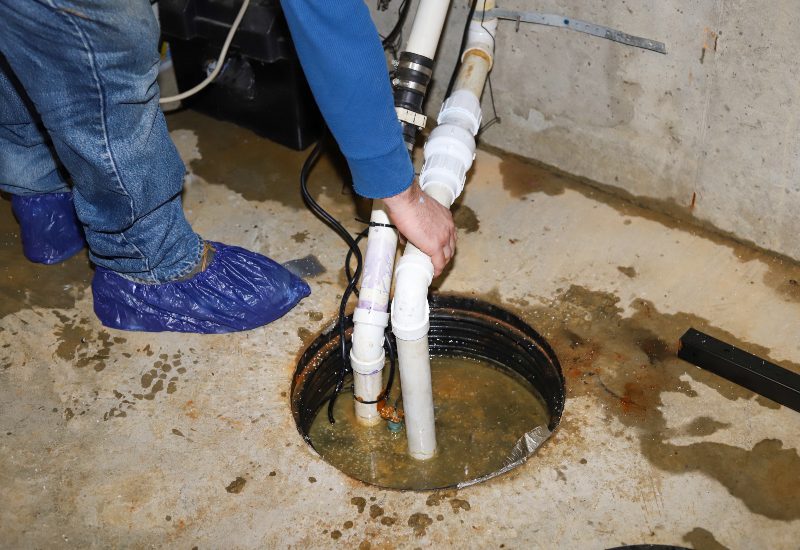Trustworthy Pump Repairs & Installation: Your Water System's Lifeline
Trustworthy Pump Repairs & Installation: Your Water System's Lifeline
Blog Article
Comprehending the Secret Parts of Effective Water Filtering Solutions

Value of Water Filtering Systems
Water filtration systems play a critical function in guaranteeing access to tidy and risk-free drinking water by effectively eliminating contaminants and contaminations. These systems are essential in resolving the growing concerns over water high quality and the potential wellness risks related to taking in infected water. By using numerous filtering mechanisms such as reverse osmosis, triggered carbon, and UV sterilization, water filtering systems can efficiently get rid of harmful materials like germs, infections, hefty steels, and chemicals from the water system.
Furthermore, water filtering systems aid to enhance the preference and smell of water by getting rid of chlorine, debris, and various other contaminants that can influence its quality. Water Filtration Systems. This improvement in water quality not only makes it a lot more tasty but likewise motivates people to consume an adequate amount of water daily, promoting much better hydration and total health
Kinds of Purification Components

Physical filters are made to physically stress out impurities from the water. These filters can be made from products like ceramic, carbon, or even sand, and they work by trapping particles larger than the filter's pores as water passes with.
Chemical filters utilize numerous chemical procedures to get rid of impurities from the water. Instances consist of turned on carbon filters, which adsorb contaminations, and turn around osmosis membrane layers, which make use of stress to different impurities from the water.
Organic filters make use of living microorganisms like microorganisms or algae to damage down natural issue and toxins in the water. These filters are usually made use of in wastewater therapy plants or all-natural water filtration systems.
Comprehending the various kinds of filtering elements is important for choosing the most appropriate water filtering system for particular purification needs.
Function of Sediment Filters
Debris filters play a critical role in water filtration systems by properly recording strong bits suspended in the water. These filters are generally the first line of protection in a filtering system, eliminating larger fragments such as sand, silt, dirt, and rust prior to the water relocates through finer filtration phases. By trapping these debris, the filters stop them from reaching anchor downstream components, hence prolonging the lifespan and performance of the entire system.
Ignoring this upkeep can lead to clogging, minimized water circulation, and compromised filtering performance. In general, debris filters are indispensable elements that add dramatically to the effectiveness of water filtering systems.
Duty of Activated Carbon Filters
Playing an important duty in water purification systems, activated carbon filters are critical in getting rid of impurities and contaminants from the water system. These filters are made to adsorb and trap a vast array of toxins, consisting of chlorine, volatile organic compounds (VOCs), pesticides, and herbicides. The triggered carbon product has a big surface location, allowing for the efficient trapping of contaminants with a process called adsorption. As water goes through the filter, the activated carbon holds and draws in onto the pollutants, making certain that the water that appears on the various other side is cleaner and safer for consumption.
Triggered carbon filters are highly reliable at enhancing the preference and odor of water by reducing chemicals that can influence its high quality. Due to their versatility and integrity, triggered carbon filters are a key element in ensuring that water is detoxified to the highest criteria before getting to consumers.
Recognizing Reverse Osmosis Systems
Reverse osmosis systems are advanced water filtering systems that use an advanced procedure to remove pollutants and impurities from drinking water. These systems function by applying pressure to the water, compeling it through a semi-permeable membrane layer. This membrane layer serves as an obstacle, allowing only distilled water particles to pass helpful site through, while blocking bigger molecules such as minerals, chemicals, and various other impurities. Because of this, the water that appears beyond is substantially cleaner and safer for usage.
One key benefit of reverse osmosis systems is their capability to get rid of a vast array of pollutants, consisting of heavy metals, dissolved solids, infections, and microorganisms. This makes them very reliable in boosting the total top quality and safety of alcohol consumption water. In addition, reverse osmosis systems are reasonably low-maintenance and can be mounted under the sink or in a main purification system, giving hassle-free accessibility to tidy water throughout the family. On the whole, recognizing exactly how reverse osmosis systems work can assist individuals make informed choices concerning their water filtering requirements.
Final Thought
To conclude, effective water purification systems are crucial for making certain safe and tidy drinking water. The key parts of these systems include sediment filters, triggered carbon filters, and reverse osmosis systems. By recognizing the feature and function of each component, people can make educated choices when choosing a water filtration system. It is necessary to prioritize the top quality of water in order to promote overall health and wellness and well-being.
Water purification systems play a critical function in making certain access to tidy and safe alcohol consumption water by effectively eliminating contaminations and contaminants. By making use of various filtering mechanisms such as reverse osmosis, triggered carbon, and UV sanitation, water filtering systems can successfully get rid of harmful materials like microorganisms, viruses, hefty metals, and chemicals from the water supply.
Sediment filters play a crucial function in water purification systems by efficiently recording solid bits put on hold in the water (Water Softeners).Playing an important duty in water filtration systems, activated carbon filters are crucial in removing pollutants and impurities from the water supply.Reverse osmosis systems are innovative water filtration systems that employ an advanced procedure to get rid of impurities and contaminations from alcohol consumption read water
Report this page